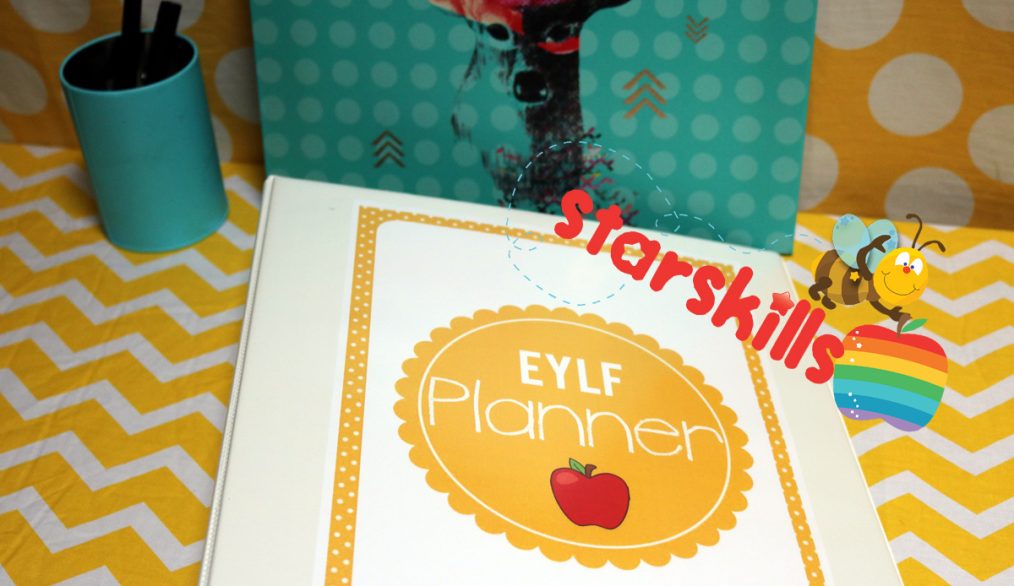
EYLF – Early Years Learning Framework
EYLF – Early Years Learning Framework Resources for Teacher
Getting your head around the EYLF will be easier with these resources! I have created some of them to be editable so you can add your own experience without having to try and figure it all out!
You can get my EYLF Bundle here….
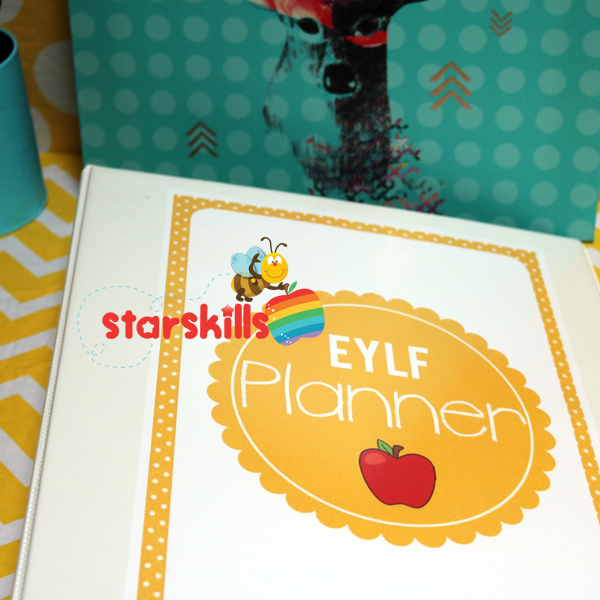
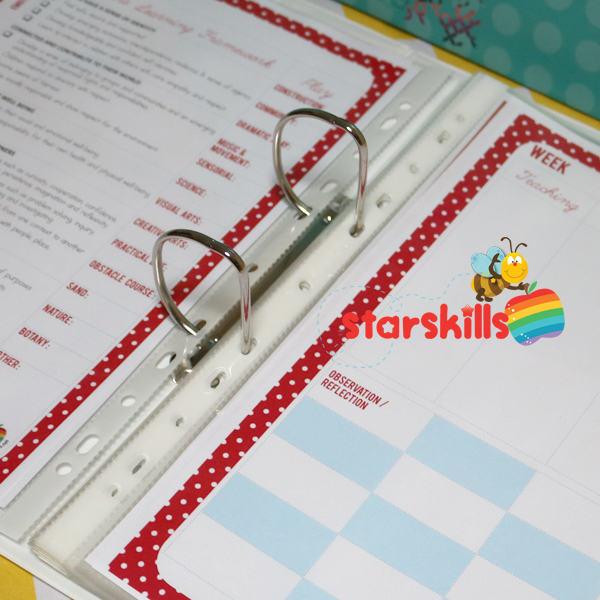
Early Years Learning Framework
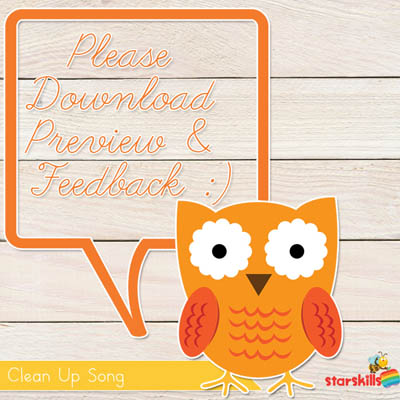 |
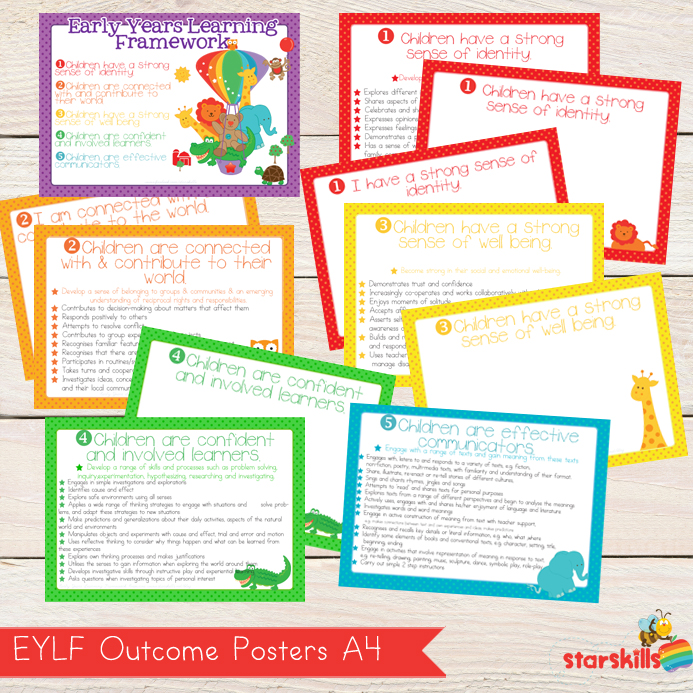 |
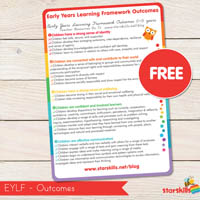 |
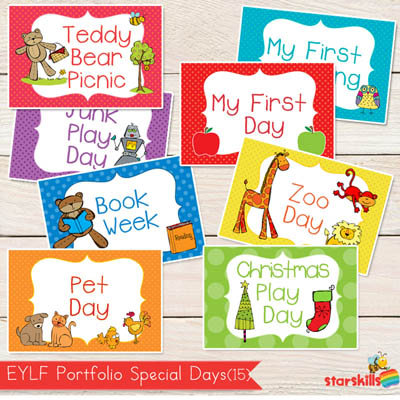 |
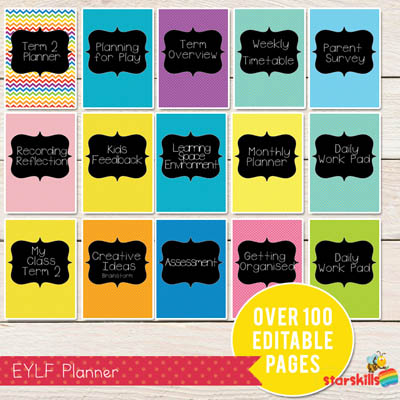 |
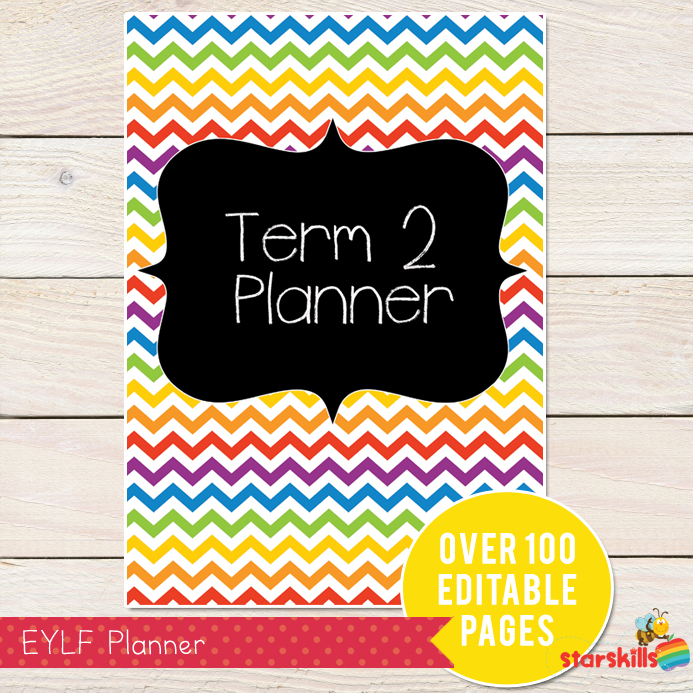 |
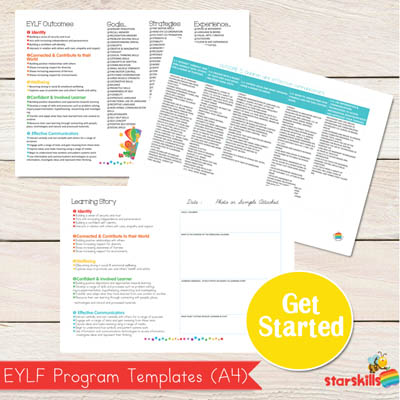 |
 |
- Early Years Learning Framework
- EYLF Learning Stories Templates
- EYLF Huge Bundle
- EYLF Templates
- EYLF Posters
- EYLF Planner (Editable)
- EYLF – Early Years Learning Framework Templates (Word Document)
- EYLF – Early Years Learning Framework Word Document (Copy & Paste)
- EYLF Portfolio Templates & Portfolio Photo Cards & EYLF Outcome Cards
What is the EYLf – Early Years Learning Framework?
The Early Years Learning Framework describes the principles, practice and outcomes essential to support and enhance young children’s learning from birth to five years of age, as well as their transition to school. The Framework has a strong emphasis on play-based learning as play is the best vehicle for young children’s learning providing the most appropriate stimulus for brain development. The Framework also recognises the importance of communication and language (including early literacy and numeracy) and social and emotional development.
The Early Years Learning Framework (EYLF) has five outcomes. It is all well and good to have the outcomes, but what do they mean?? How do we use them in our teaching? How do the activities that we already have apply to the EYLF? I am going to break them down for you here. Click on the outcome you would like to go more in depth with.
OUTCOME 1 : Children have a strong sense of identity
1.1 Feel safe, secure and supported
1.2 Develop emerging autonomy, interdependence, resilience and sense of agency
1.3 Develop knowledgeable and confident self identities
1.4 Learn to interact in relation with others with care, empathy and respect
OUTCOME 2: Children are connected with and contribute to their world
2.1 Develop a sense of belonging to groups and communities and an emerging understanding of reciprocal rights and responsibilities
2.2 Children respond to diversity with respect
2.3 Become aware of fairness
2.4 Become socially responsible and show respect for the environment
OUTOME 3: Children have a strong sense of wellbeing
3.1 Become strong in their social and emotional well-being
3.2 Develop increasing responsibility for their own health and physical well-being
OUTCOME 4: Children are confident and involved learners
4.1 Develop dispositions for learning such as curiosity, cooperation, confidence, creativity, commitment, enthusiasm, persistence, imagination and reflexivity.
4.2 Develop a range of skills and processes such as problem solving, inquiry,experimentation, hypothesizing, researching and investigating
4.3 Transfer and adapt what they have learned from one context to another
4.4 Resource their own learning through connecting with people, place, technologies and natural and processed materials
OUTCOME 5: Children are effective communicators
5.1 Interact verbally and non-verbally with others for a range of purposes
5.2 Engage with a range of texts and gain meaning from these texts
5.3 Express ideas and make meaning using a range of media
5.4 Begin to understand how symbols and pattern systems work
5.5 Use information and communications technologies to access information, investigate ideas and represent their thinking

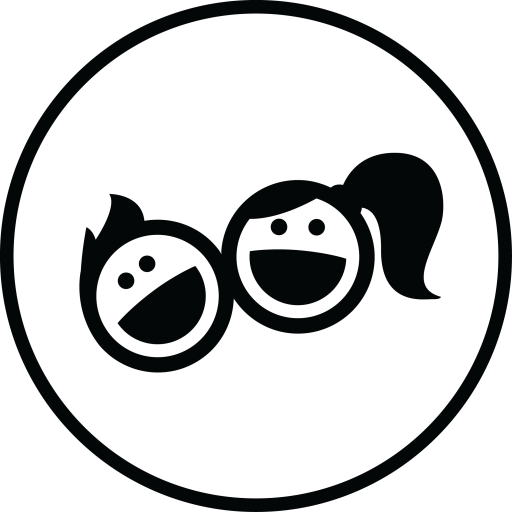
Brilliant stuff! Thank you so much. You’ve saved a lot if people a lot of time. Thank you. X
Thanks, Esther Appreciate your feedback! I absolutely love helping fellow teachers! We have the best job on earth and to find like minded people is such a blessing!